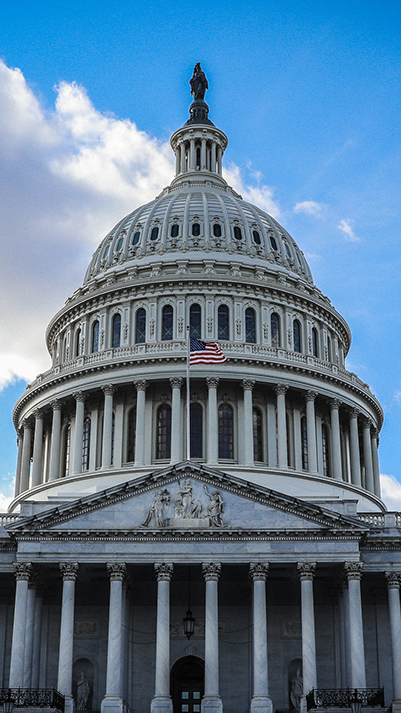
Thomas Saving’s Commentaries
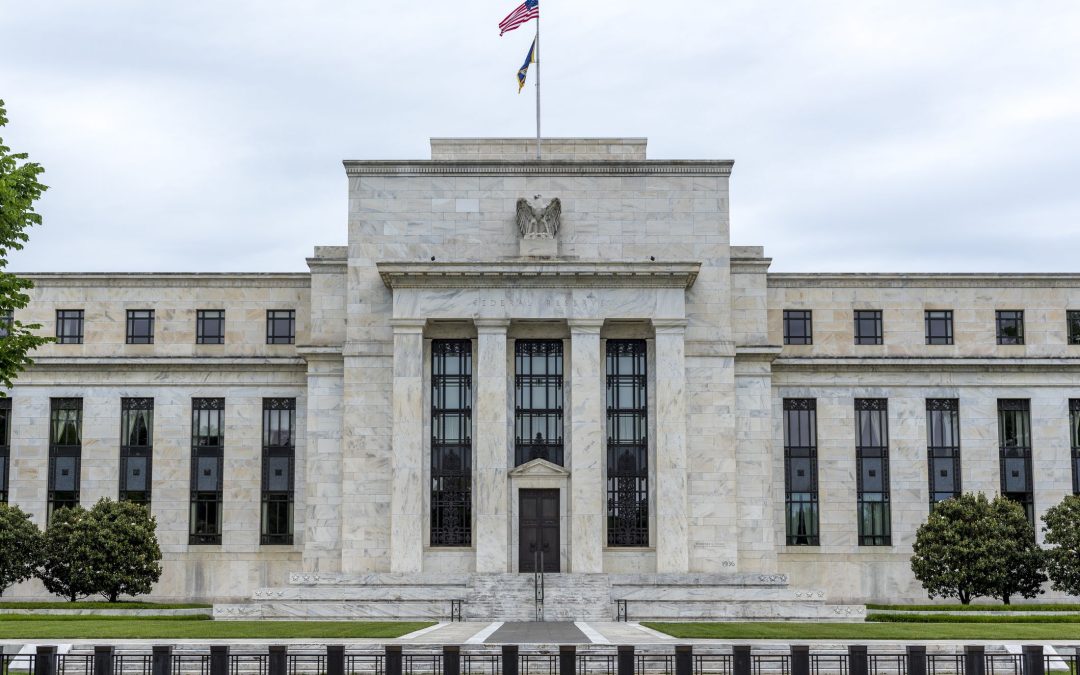
Savings and Gramm: How the Fed is Slowing Monetary Growth
The Federal Reserve is buying Treasury bills and mortgage-backed securities at a rate of $120 billion a month. This is apparently being done to support large borrowing by the federal government. At the same time, the Fed has pulled almost a trillion dollars of liquidity out of the financial system by “reverse-repo borrowing.” This has reduced bank reserves and private sector lending. Not surprisingly, the growth of the M2 money stock fell from around 25% in 2020 to around 10% on an annualized basis in the first six months of 2021.
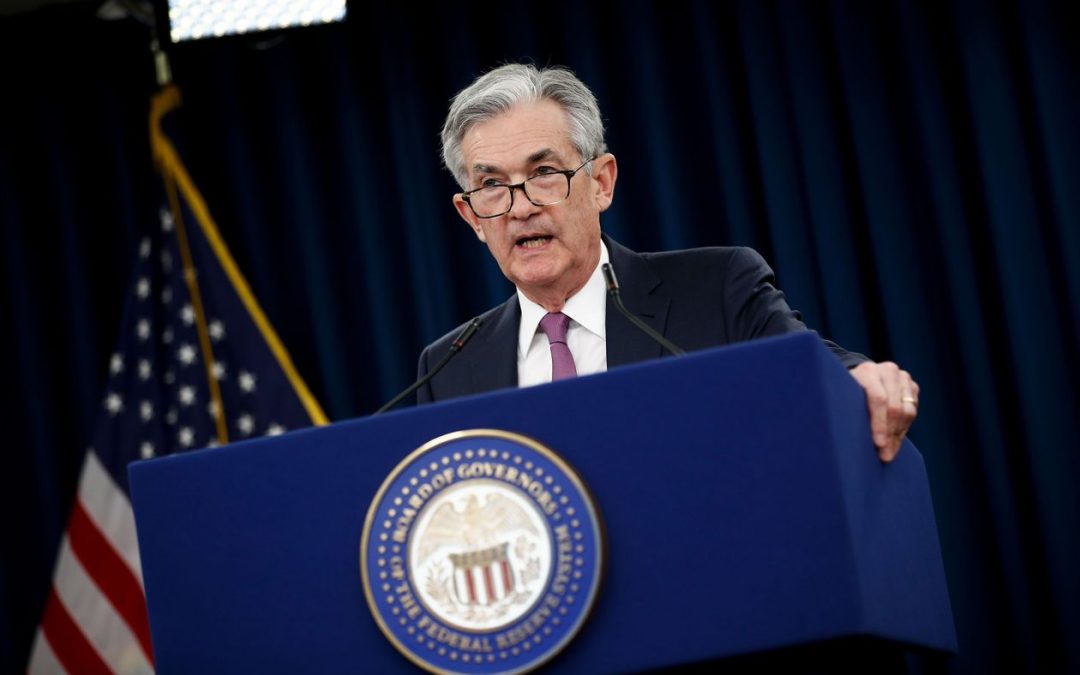
Gramm and Saving in the WSJ: The Fed has lost its ability to control interest rates
Writing in the Wall Street Journal, former Sen. Phil Gramm and Goodman institute Senior Fellow Thomas Saving write “Never in the Fed’s 105-year history has it had less control over market interest rates than it has today…. To expect the Fed to hold interest rates above or below the market rate under these circumstances is not only naive but dangerous.”
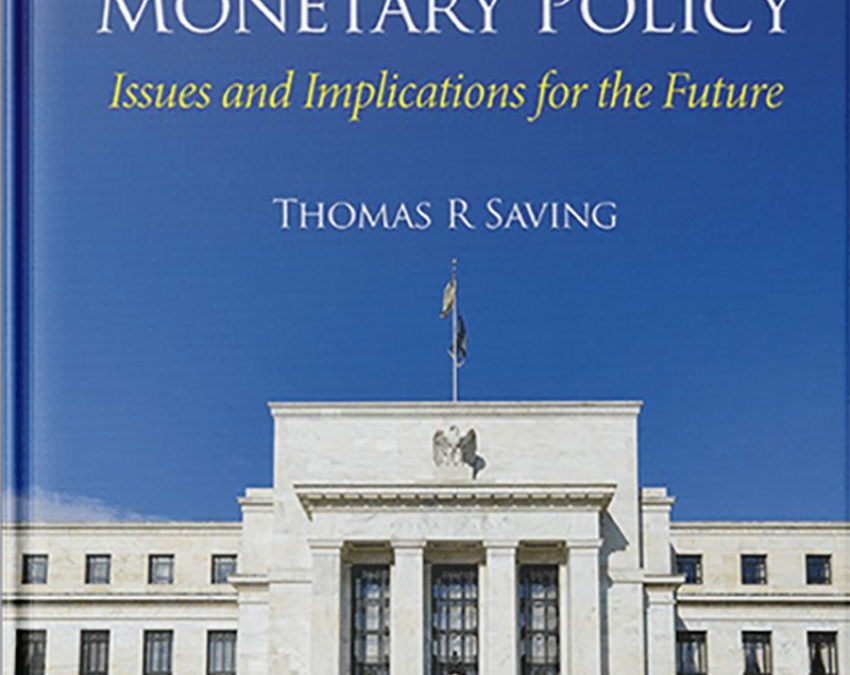
Tom Saving has a new book
Tom Saving has a new book called A Century of Federal Reserve Monetary Policy: Issues and Implications for the Future.

Saving and Gramm in the Wall Street Journal: The Fed’s Obama-Era Hangover
The Federal Reserve System is paying banks not to lend money under an Obama era policy.
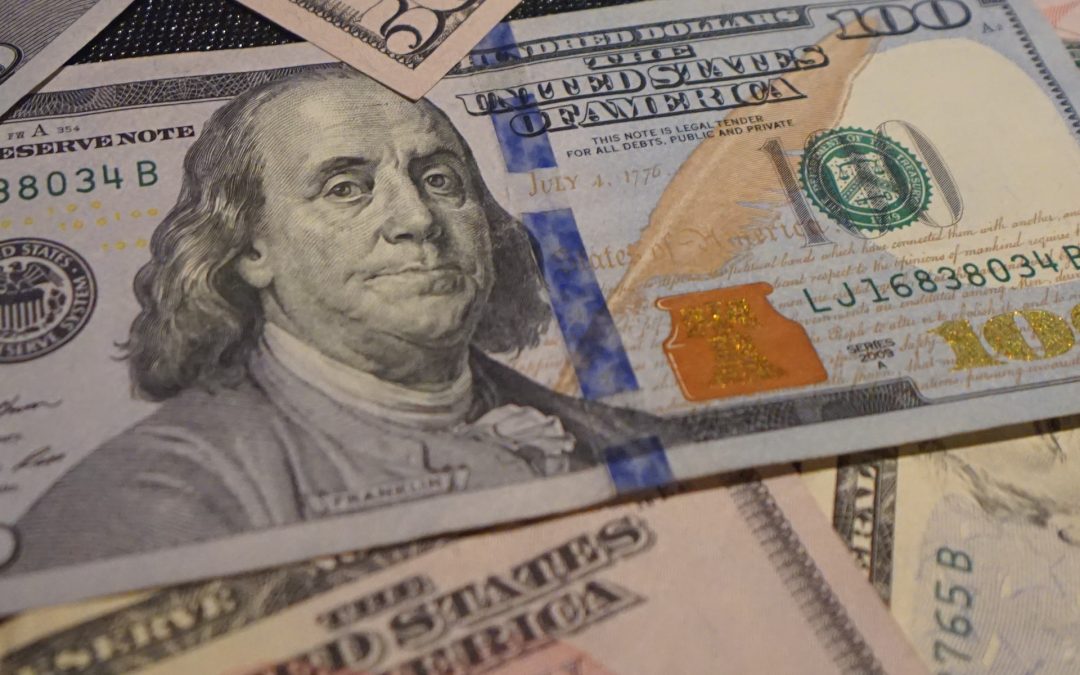
Goodman and Saving: Budget Deal’s Trillion Dollar Surprise
The most significant federal entitlement reform in our lifetime was a little noticed provision that Democrats included in the Affordable Care Act. The provision was a cap on Medicare spending, similar to the cap Republicans proposed for Medicaid last summer.

Saving on CNBC: FED is holding 20% of federal debt
The Federal Reserve System is holding 20% of the federal government’s publicly held debt. It also is holding a lot of bank reserves. For every dollar of required reserves, banks have deposited $12 at the FED.

Gramm and Saving in the Wall Street Journal: Fed Task is Precarious
The Fed balance sheet contains 20% of all publicly held federal debt and 34% of the value of all outstanding government-guaranteed mortgage-backed securities. As the economy returns to normal growth, getting rid of those assets risks runaway inflation or a crippled recovery or both.
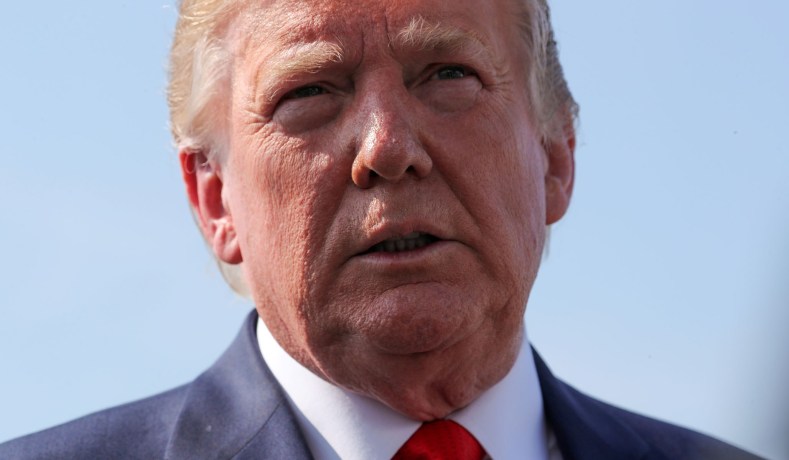
Saving: Are Republicans Too Stingy with Medicaid?
Before the Senate voted on a “skinny” alternative to Obamacare, it was considering the House version of repeal and replace – called the Better Care Reconciliation Act (BCRA).

The Federal Reserve’s Accountability Deficit
The Federal Reserve enjoys extraordinary independence from the elected branches of government, based on the well-founded fear that politicians cannot be trusted with the power to print money and manipulate interest rates.